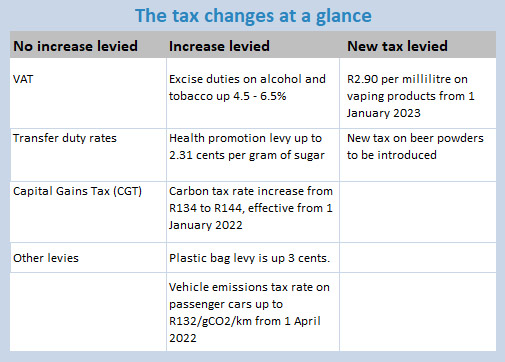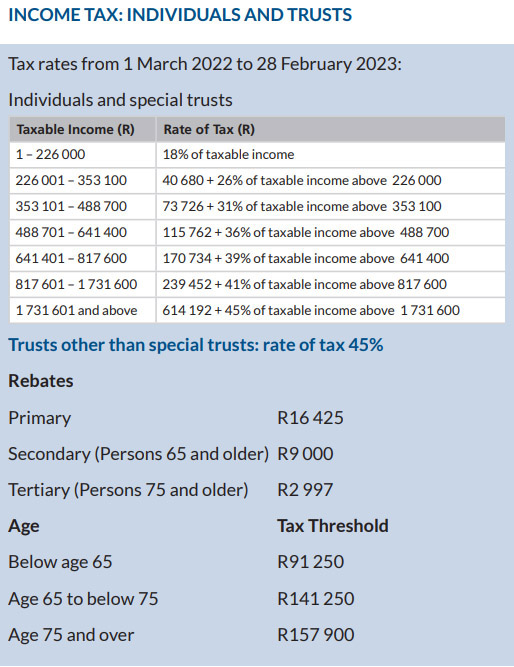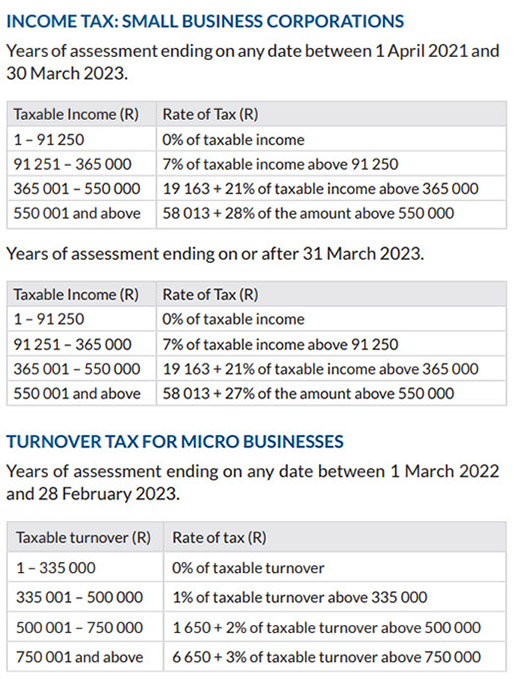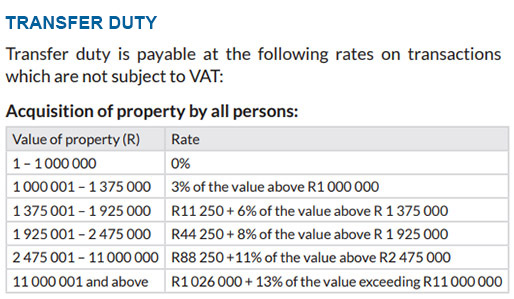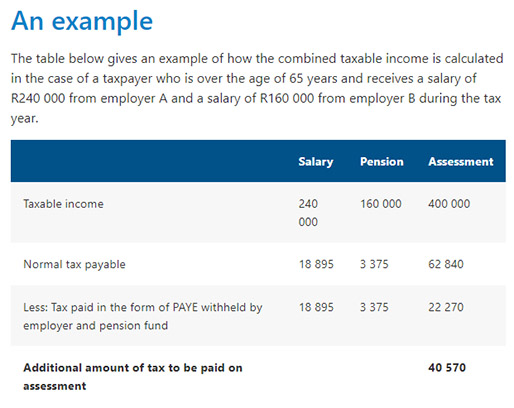A Guide to Accessing Funds That Can Help Your Small Business

“All company bosses want a policy on corporate social responsibility. The positive effect is hard to quantify, but the negative consequences of a disaster are enormous” (English economist and academic, Noreena Hertz)
Stimulating the SME sector is considered as one of the quicker ways to rejuvenating the economy. According to a 2020 survey by McKinsey & Company, SMEs make up over 98% of South African businesses, and employ between 50% and 60% of the workforce.
However, it takes money to run a business and there is a need for assisting and guiding SME owners to secure more funding, particularly given the devastating impact of the Covid-19 pandemic over the past two years.
There are varying reasons why these small businesses need additional capital, determined by differing requirements in the business value chain – including the scope of production, workforce and the nature of the business, among other factors.
Some – but not all – of the funds available in the market are allocated according to specific trades, departments in the production process and demographics of the directorship – usually according to age, race, location and gender.
Here are some examples of the grants and funds available, along with a brief overview of the funding models
- Equipment related financial support. The Department of Trade and Industry’s (DTI) Small Enterprise Development Agency (SEDA) Technology Program, provides both “financial and non-financial technology support” – meaning either funds or equipment support for small enterprises.
-
- Staff training. The DTI’s Black Business Supplier Development Program offers grants in a cost-sharing scheme to black-owned businesses for the purpose of business skills training.
-
- Female directors can take advantage of gender-empowerment funding programs like the Business Partners Women in Business Fund, which is aimed at increasing access to finance for female entrepreneurs for them to start, expand or purchase existing businesses.
-
- A more narrowed down version of this model of funding is the I’M IN Accelerator Fund, which is for black South African women who have founded technology start-ups. They can apply to be part of this 10-month long acceleration program and possibly access up to R1,5 million in pre-seed capital, mentorship, marketing support and follow-on investment. The business has to be 51% black- and-women owned to qualify.
-
- The National Empowerment Fund (NEF) is a black economic empowered driver and funds businesses with a black majority ownership.
-
- The DTI funding model is usually segmented according to factors like industry, marketing channels and/or the age of the directorship. However, qualifying small businesses can currently obtain the following loans and grants:
- The Umsobomvu Youth Fund: A Government initiative aimed at creating opportunities for South African youth in entrepreneurship and job creation, helping youth setup, expand and develop their businesses by teaching them essential business skills. Umsobomvu is a Voucher Program not a loan program. The Voucher Program provides support services to both new and existing youth owned businesses.
- The Agro-Processing Support Scheme (APSS) is a R1-billion cost-sharing grant fund aimed at boosting SME investments in the agricultural space. Minimum qualifying investment size, including competitiveness improvement cost, will be at least R1 million.
- The Aquaculture Development and Enhancement Program (ADEP) is a cost-sharing incentive program for projects in primary, secondary and ancillary aquaculture (activities in both marine and freshwater).
- The Support Program for Industrial Innovation (SPII) is aimed at funding the innovation and development of technological products in South Africa.
- R&D Tax Incentive is supported by the Treasury and offers a deduction of 150 percent in respect of expenditure on eligible scientific or technological Research and Development (R&D) undertaken by companies in South Africa. In his 2022 Budget Speech, the Minister of Finance announced that the R&D Incentive is under review but that it will be extended in its current form until 31 December 2023
. - The De Beers Fund: At a more localised level, a large diamond mining company also awards grants, for small businesses located in its operating areas. These areas are Kimberley and surrounding areas in the Northern Cape, Viljoenskroon and surrounding areas in the Free State, Musina, as well as the Blouberg Local Municipalities in Limpopo.
- Tshikululu Social Investments: Tshikululu is South Africa’s leading social investment fund manager and advisor, working alongside investors and other development partners to achieve sustainable social impact. The organisation manages other companies’ CSI funds.
Over the years, the organisation has managed the likes of the De Beers Fund, Rand Merchant Bank Fund, among others.
- SA SME Fund: Established by members of the CEO Initiative as a collaboration between government, labour and business to address some of the most pressing challenges to the country’s economic growth – as an avenue of support for the SME sector. The SA SME Fund invests in repayable funds that support and develop entrepreneurs, typically with an enterprise value of less than a R100m.
- Financiers: These are licensed lenders with their own products and terms of trading, being that they are private entities. However, the terms have to be agreeable with trade regulations, including Fair Practice – which protects the borrower’s interests.
If you need an urgent loan, private financiers might be an alternative to the grants and cost-sharing schemes mentioned above. There are several types of loans that small business owners can apply for, depending on the individual needs of their businesses. The following are the repayable financing products available to SMEs:
- Purchase order finance is used by a business to complete an existing order.
- Working capital finance is an option that can boost a small business with much needed cash flow.
- Bridging finance is a short-term loan that can be used by small businesses to finance their working capital. An example of this is Lula-lend, which positions itself as a good option if your business requires a loan provider and you need urgent funds of between R10 000 and R5 000 000. The company can have the funds in your account within days and repayment is over 3-12 months.
- Credit cards can be handy for entrepreneurs; however, they require discipline as their interest charges and repayment rates are normally higher.
- Inventory loans can help your small business keep enough stock in the inventory. It is more suitable for small businesses with tangible products to sell.
Because of the varying types of funds, SME owners are encouraged to consult with financial advisers in order to make the right decisions for their individual businesses’ needs, the amount required and the right funding model.
Don’t miss out, ask for professional advice about grants and take advantage of the opportunities they afford small businesses.




